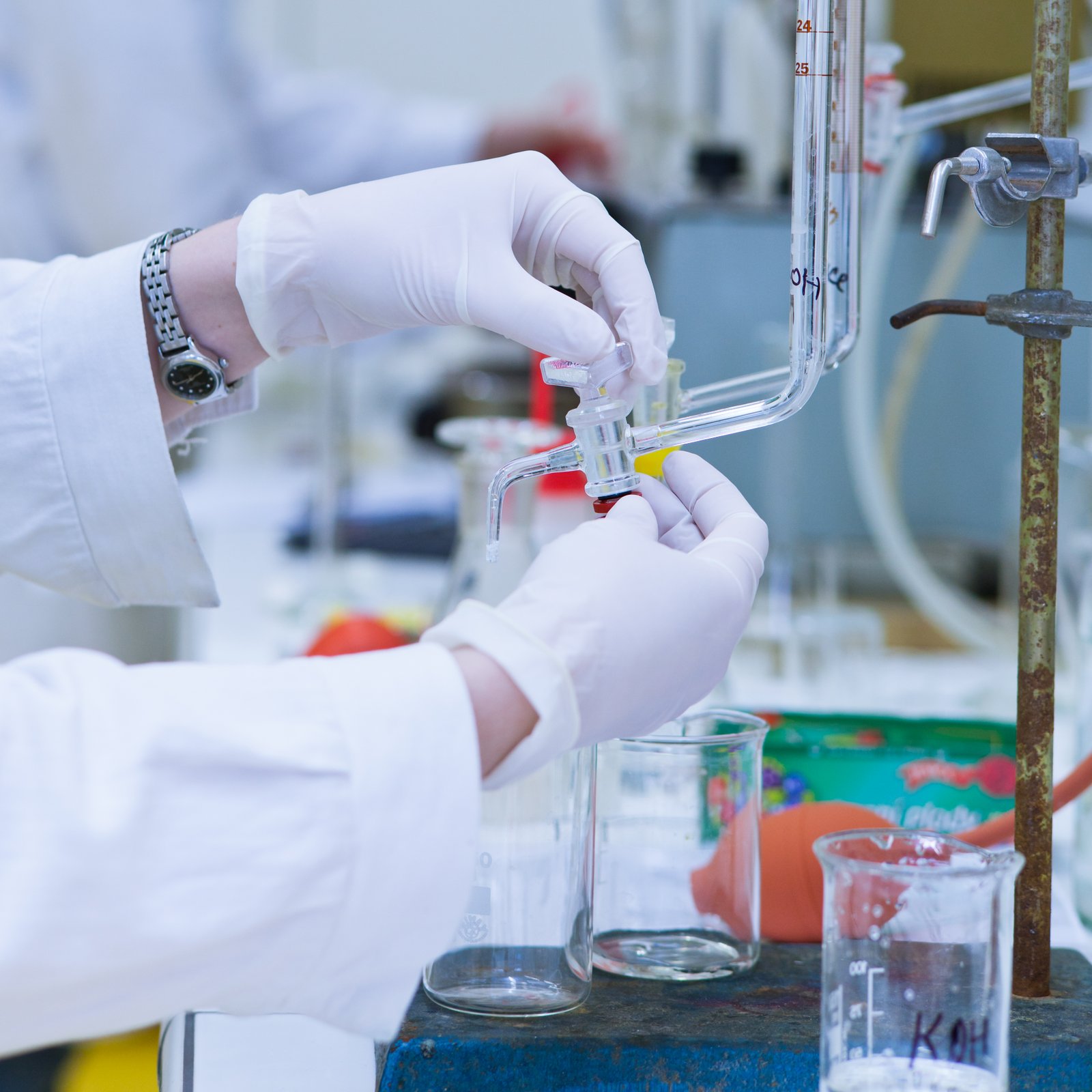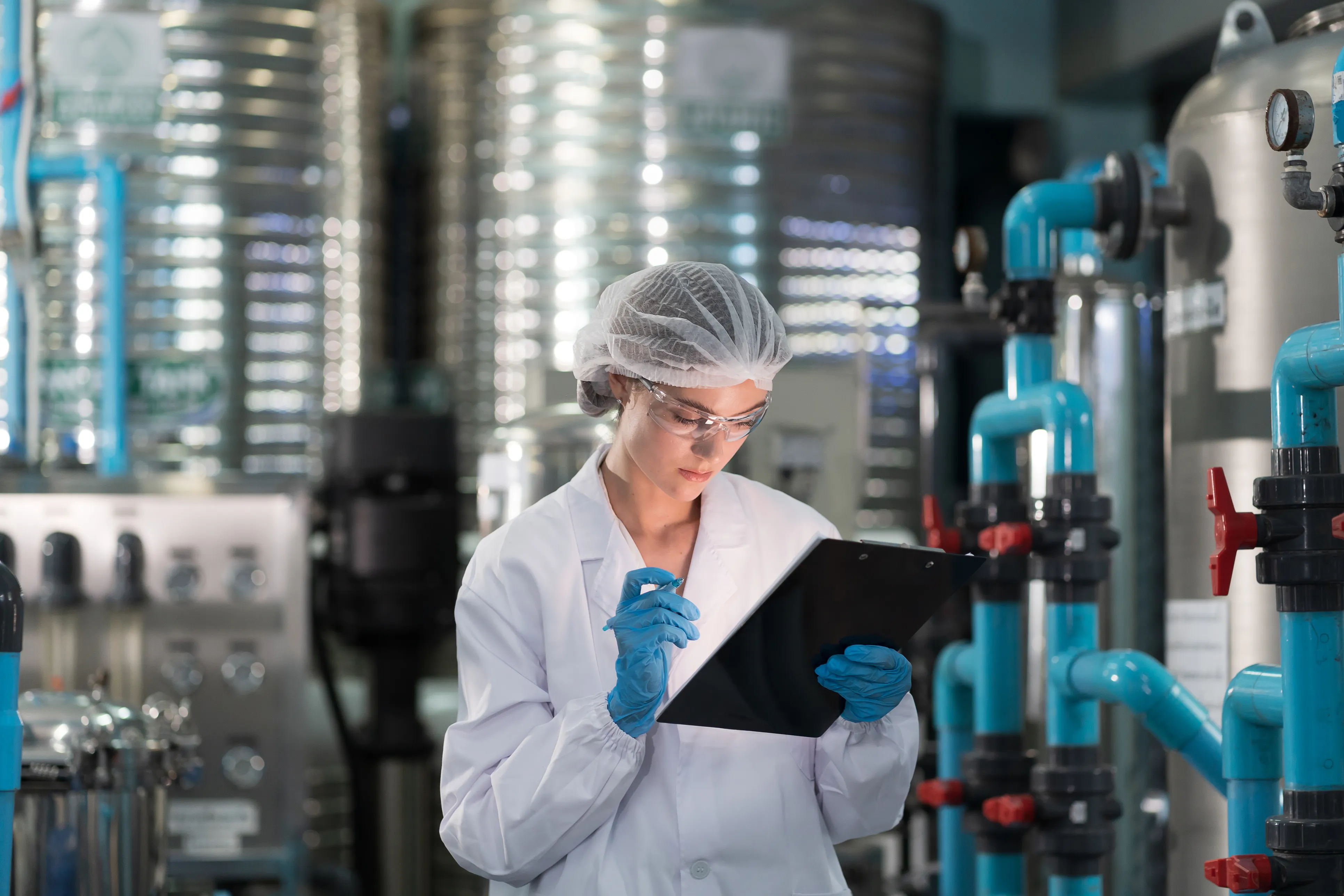Standards We Follow
The laboratory maintains ISO/IEC 17025:2017 accreditation which verifies its expert capabilities for
testing services. The laboratory follows testing methods from ASTM International together with
protocols from International Organization for Standardization (ISO) and Energy Institute (EI)
standard procedures. Our testing procedures fulfill worldwide requirements through internationally
recognized standards which produce accurate consistent results.
All testing protocols at our facility receive UKAS validation in accordance with UK regulations
through the Energy Act 2016 standards. Our organization maintains close interaction with the Health
and Safety Executive (HSE) to follow the Environmental Protection Act 1990 guidelines. We maintain
participation in the UK Offshore Chemical Notification Scheme to provide a full range of testing
services which meets all regulatory demands of our client base.
When performing specific tests we use ASTM D1298 for density measurements as well as ASTM D445 for
kinematic viscosity and ASTM D4294 for sulfur content measurement. The laboratory executes petroleum
sample collection through BS EN ISO 3170 manual testing procedures while using EN ISO 4259 analysis
methods to achieve reliable test results.
Environmental protection drives our testing approach. We maintain compliance with Environment Agency
protocols and SEPA (Scottish Environment Protection Agency) requirements. Our testing frameworks
align with Department for Business, Energy & Industrial Strategy (BEIS) guidelines and Oil & Gas
Authority (OGA) specifications. Additionally, we follow International Maritime Organization (IMO)
regulations for marine fuels, ensuring comprehensive coverage of environmental and safety standards.
This robust framework of standards and accreditations ensures that every test, analysis, and report
meets industry requirements while supporting our clients’ operational and environmental goals. Our
commitment positions us as a trusted partner in oil and gas testing in the UK, delivering reliable,
accurate, and compliant testing services for the industry’s evolving needs.








